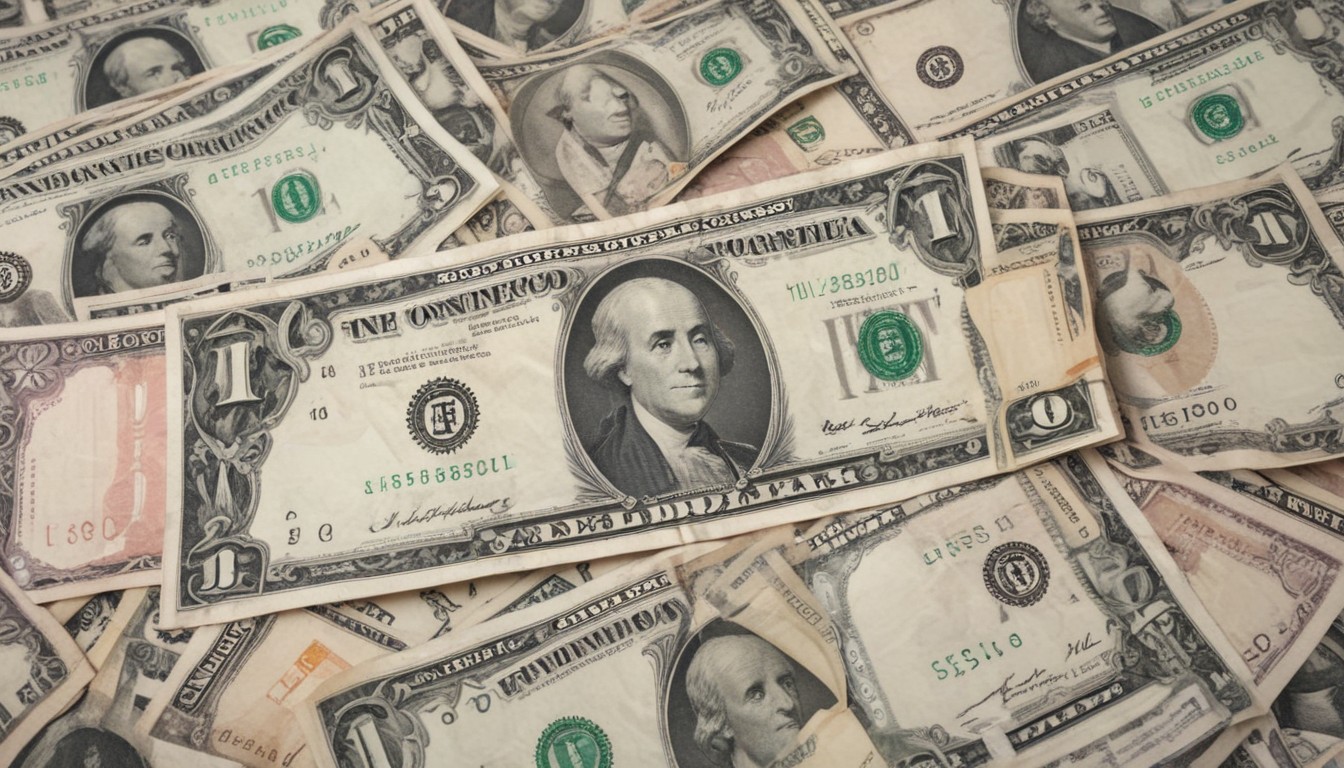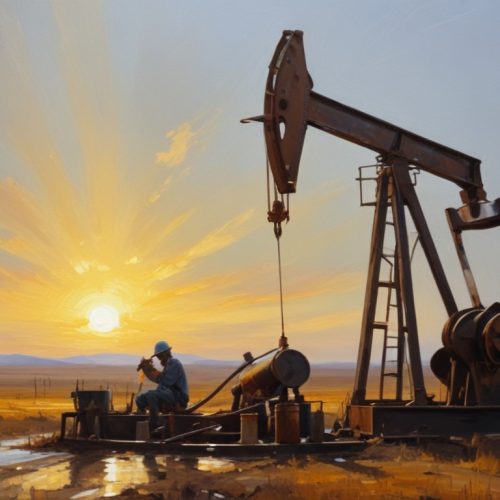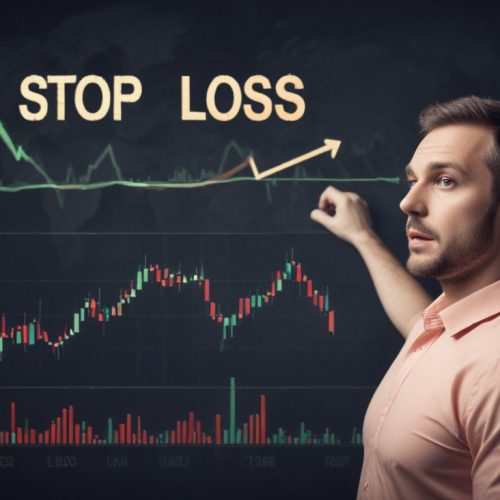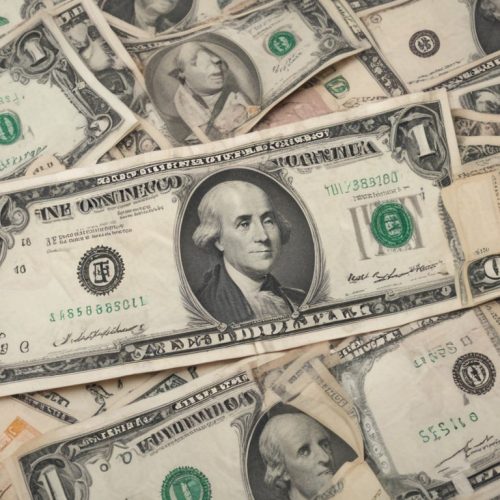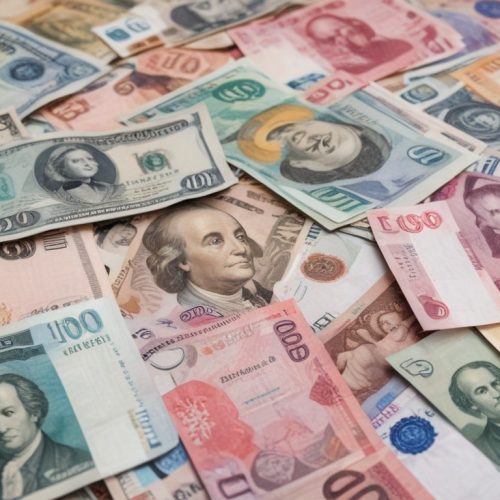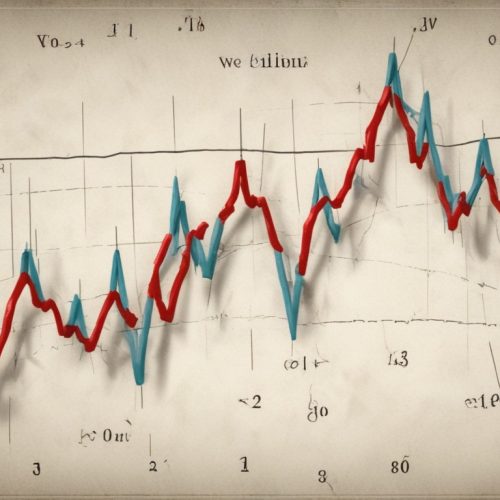Imagine a financial market where $5,3 Trillion changes hands. Every. Single. Day. You are intrigued, we can tell! Because we have been doing this for a decade! Let’s talk about how to trade Forex!
Forex (or FX) is short for Foreign Exchange market. You may also have heard of it called currency trading. The fundamental idea is to exchange one currency for another and gain profit.
If you have physically exchanged currencies before, you know that as a result of the exchange you either gain or lose money. It depends on how one currency gained more value than the other since your purchase.
Trading Forex
On Forex markets, you do not physically purchase a currency. You simply make a prediction and take your position in the market: X currency will gain value over Y currency in a given time.
Traders do not simply guess which currency will gain or lose value over another. They rely on analyzing the economy, past trends and upcoming major events before making that decision. This whole process is called ‘trading forex’. The more technical term is trading Contracts for Difference (CFDs). We will learn more about CFDs later in this section.
Trading Forex is all about observing the markets, the currency pairs and their respective values over one another. If you can predict the direction of the market, you profit. It’s simple as that.
You open either a long (buy) or short (sell) position, assuming the currency’s value will either go up or down. As millions of other Forex traders open positions just like you, the price is set as a collective result of everyone’s positions.
Think of it as a ‘tug of war’ where millions of traders are holding a rope. One side is buying, the other side is selling. When a trader opens a position, they join a team and grab one end of the rope. When happy with the current price, they close the position and thus ‘let go’ off the rope. Their current positions define the live price of the currency.
Without an official regulator or state involved, this is pretty much how the pricing is determined. But not everyone has the same amount of investment, or as in our analogy, the same muscle strength! Larger investors will definitely impact the direction and the pricing of markets slightly more than others. Still, the market is so deep that even the largest players can never shape or corner it.

